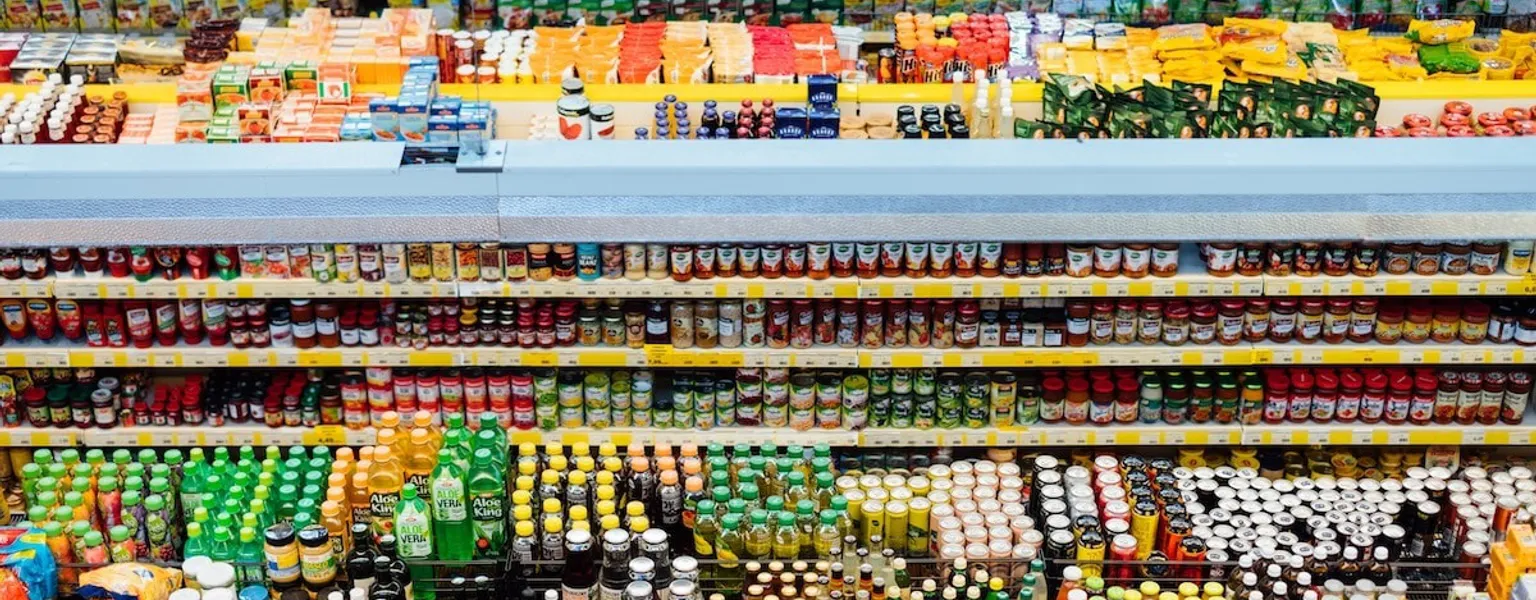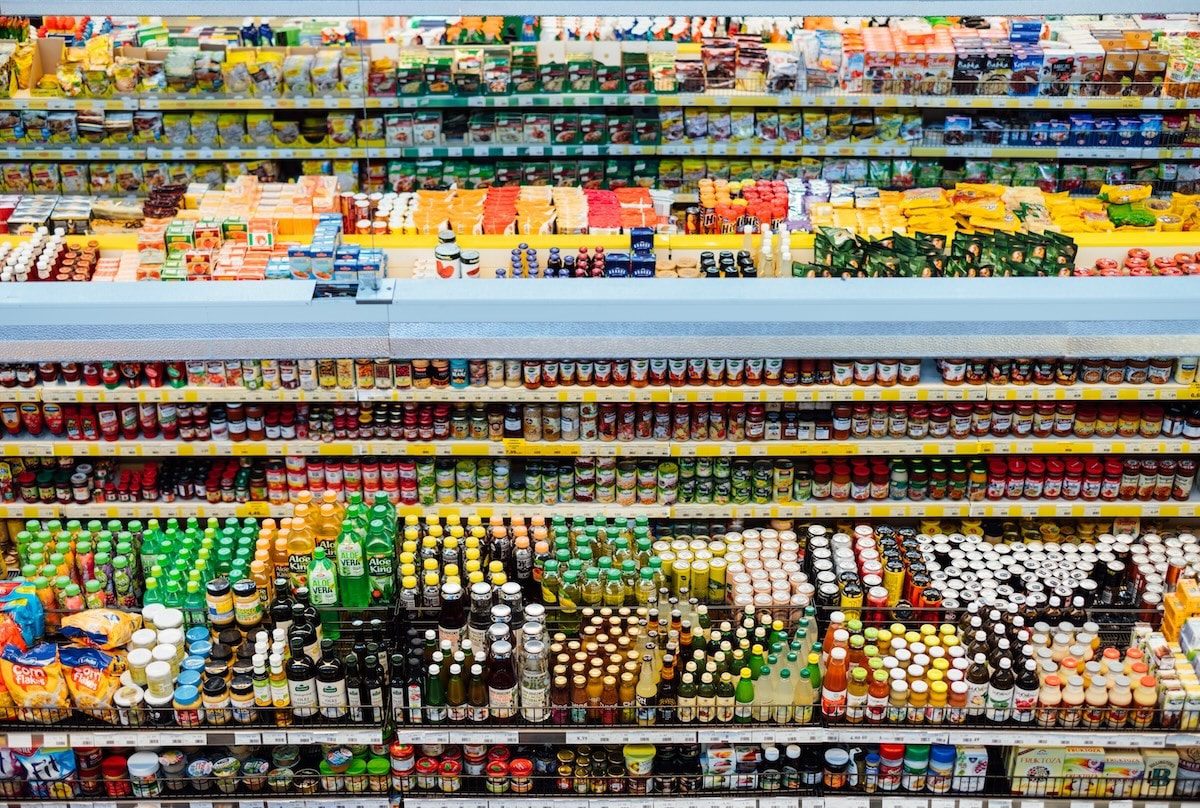Study reveals harmful chemicals from food packaging present in humans

Sustainability
Evidence for widespread human exposure to food contact chemicals
Newly published research has shed light on the extent to which harmful chemicals, commonly used in food packaging, are migrating into the food we eat and showing up in human bodies. The study identified over 1,800 food contact chemicals (FCCs) known to leach from materials used to store, process, and package food. Many of these chemicals are of significant concern due to their hazardous properties, while many others have not been tested for toxicity.
The research systematically mapped evidence from five biomonitoring programmes and three metabolome/exposome databases, revealing that 25% of the known FCCs have been detected in human biomonitoring studies. This includes 194 chemicals, of which 80 are flagged as having properties of high concern. Alarmingly, 59 of the detected FCCs have not been studied for their toxicity, raising urgent questions about the safety of current food packaging materials.
This research highlights a critical gap in understanding the human impact of chemicals used in everyday food packaging.
The findings are expected to help policymakers, public health officials, and the food industry take more informed steps towards reducing exposure to hazardous chemicals through safer food contact materials.

For those interested in exploring the data, the results are available through an interactive dashboard, enabling experts to delve deeper into the findings and work towards minimising public exposure to these potentially harmful chemicals.
Key Findings:
- 1,800+ food contact chemicals identified as leaching from food packaging.
- 25% of these chemicals detected in human bodies, with many posing serious health risks.
- Interactive dashboard created to support policymakers and health advocates in improving food safety.
This research offers a significant step toward safer packaging practices and highlights an opportunity for public health improvements on a global scale.
Related News
-
Business
FDA: PFAS phased out of U.S. food packaging
-
Business
U.S. EPA takes action on PFAS in plastic containers
-
Sustainability
New study exposes widespread presence of toxic 'forever chemicals' in Canadian fast food packaging
-
Business
U.S. FDA upholds denial on chemicals used in food packaging
-
Business
3M settles $10.3bn lawsuit for "forever chemical" water contamination




